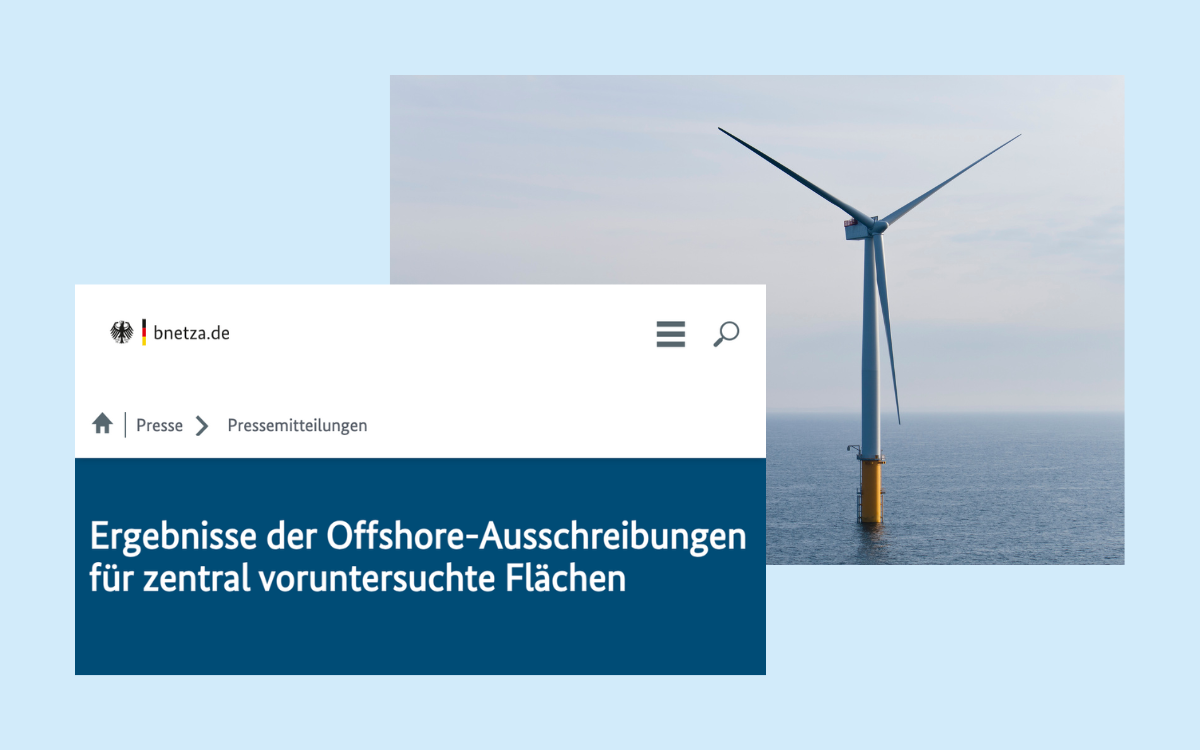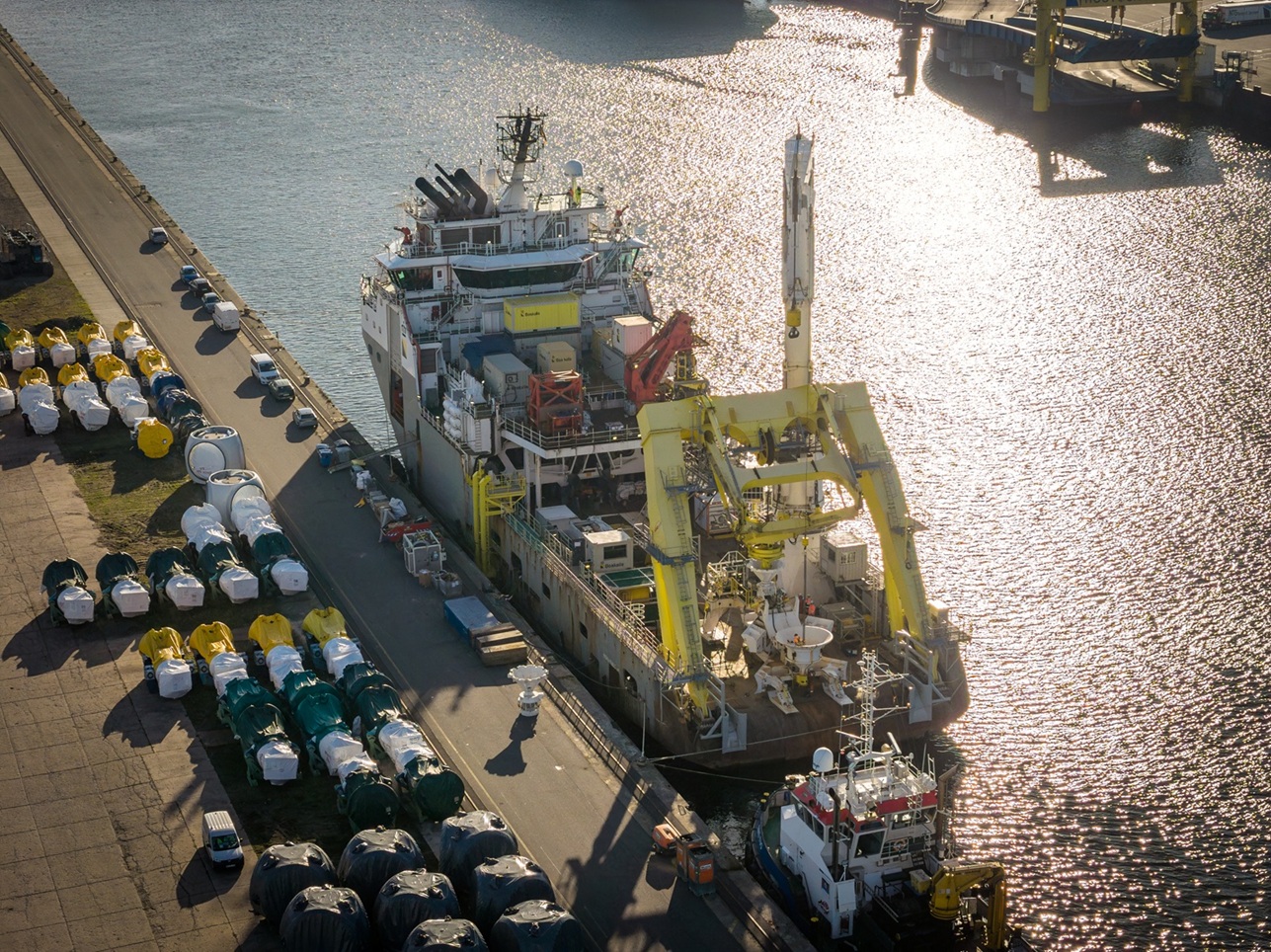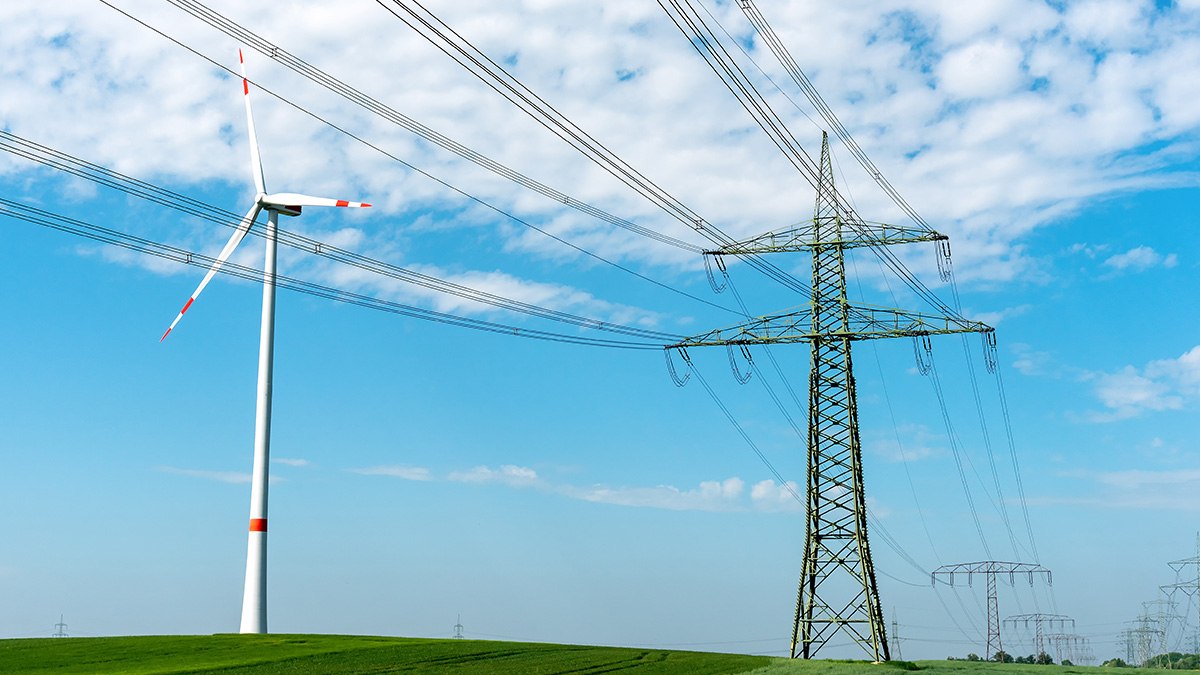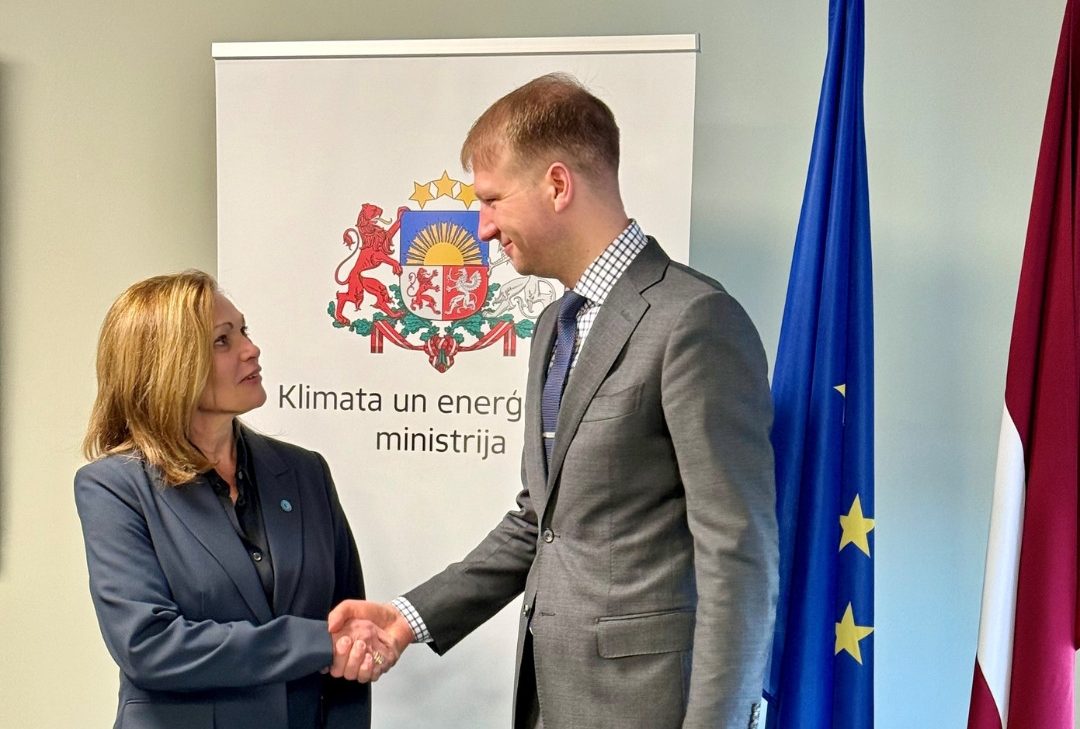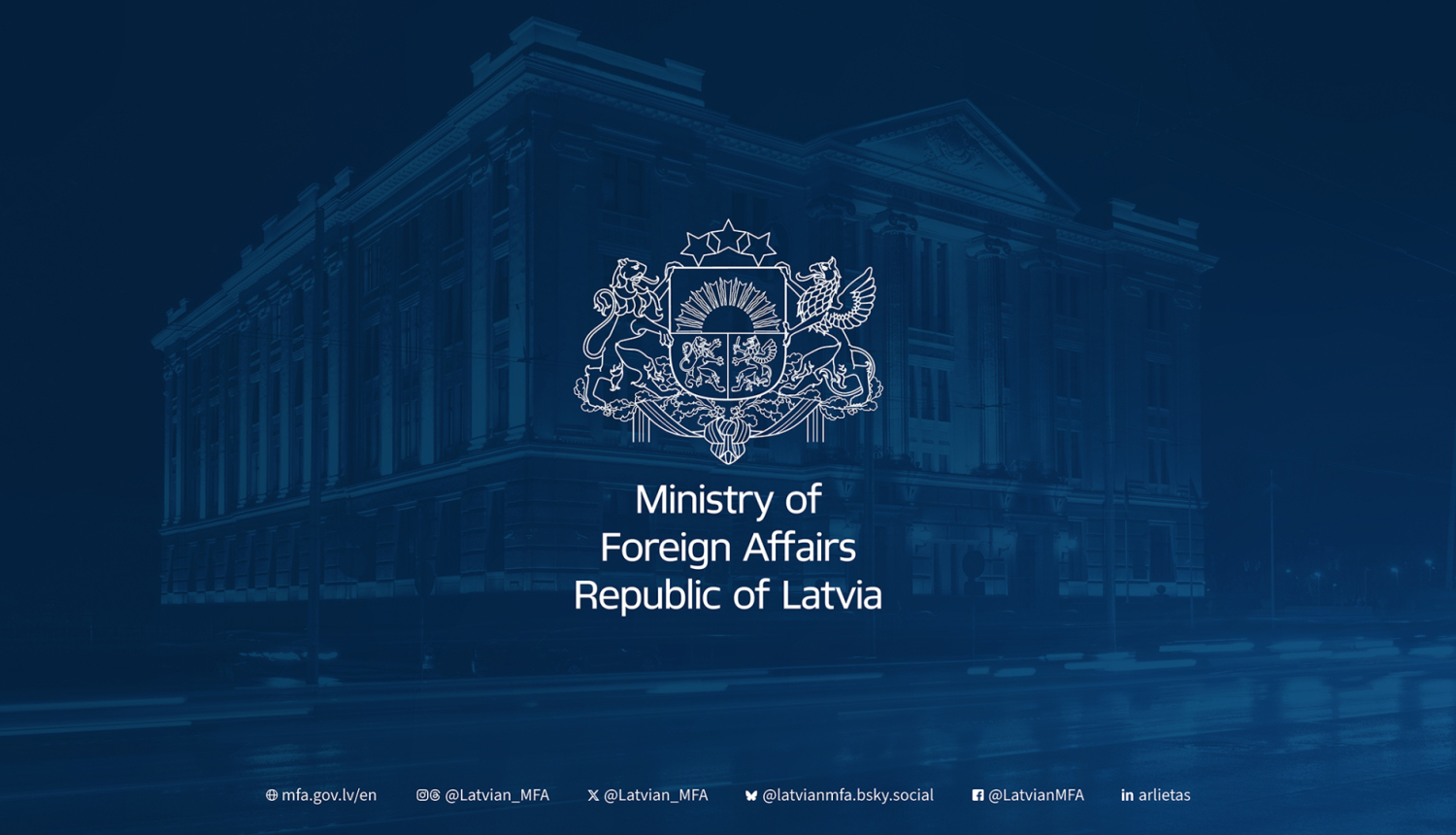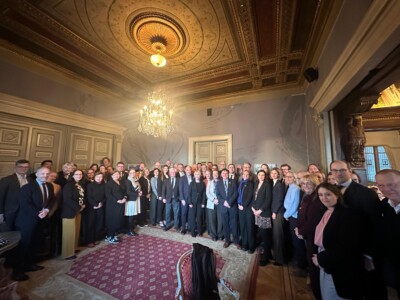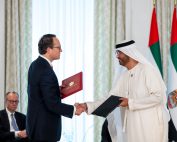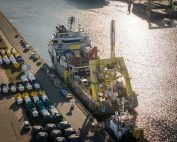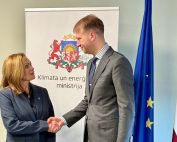The German Federal Network Agency (Bundesnetzagentur) has announced the results of its latest offshore wind tender for pre-investigated areas, awarding a total of 5,500 MW of capacity across three sites in the North Sea. However, the tender has raised concerns within the industry about investor interest and transparency.
Key points of the tender results:
- Three areas awarded: N-9.1, N-9.2, and N-9.3, with planned commissioning in 2029, 2030, and 2031 respectively.
- Successful bidders:
- Luxcara secured the 1.5 GW N-9.3 area, scheduled for full grid connection in 2029
- RWE won both the 2 GW N-9.1 and N-9.2 areas, set to be fully operational in 2030 and 2031
- The auction attracted only five bids in total for the three areas, raising concerns about investor interest.
- The total auction proceeds will not be disclosed, a decision criticised by industry representatives.
Stefan Thimm, Managing Director of the German Wind Energy Association (BWO), congratulated the winners but expressed concerns about the limited number of bids. “The fact that only five bids were submitted for the three areas up for auction is, in my view, a warning signal,” Thimm stated. He pointed out that the spatial planning of the offshore wind areas in this region results in very low full-load hours, making the technology less attractive to investors.
Thimm also criticized the lack of transparency regarding the auction proceeds. “I would have liked to see more transparency here. It is important to understand the extent to which offshore wind energy contributes to solving societal tasks such as grid expansion or marine environmental protection,” he said.
The BWO suggests that a “transformation component” would be beneficial, using auction revenues to support further expansion, particularly for urgently needed investments in the expansion and upgrading of German seaports.
The auction process considered both monetary bids (accounting for about two-thirds of the evaluation points) and qualitative criteria (one-third). The qualitative criteria included:
- Contribution to decarbonization of offshore wind expansion
- Extent of energy supply from the auctioned area
- Foundation technologies used and associated noise pollution and seabed sealing
- Contribution to securing skilled workers
This tender marks a significant increase in capacity compared to the 2023 round, which awarded 1,800 MW across four sites. However, the limited number of bids and the lack of transparency in the results have raised questions about the long-term attractiveness of Germany’s offshore wind market.
As the Baltic Sea region continues to develop its offshore wind potential, Germany’s experience in the North Sea provides valuable insights into large-scale offshore wind development and auction mechanisms. The concerns raised by the BWO highlight the challenges faced by the industry, including the need for favorable site conditions, transparent processes, and supportive policies to ensure continued investor interest and sector growth.
The results of this tender underscore Germany’s accelerating efforts to meet its renewable energy targets, but also emphasize the complexities involved in balancing economic viability, environmental concerns, and broader industry development goals in the offshore wind sector.
